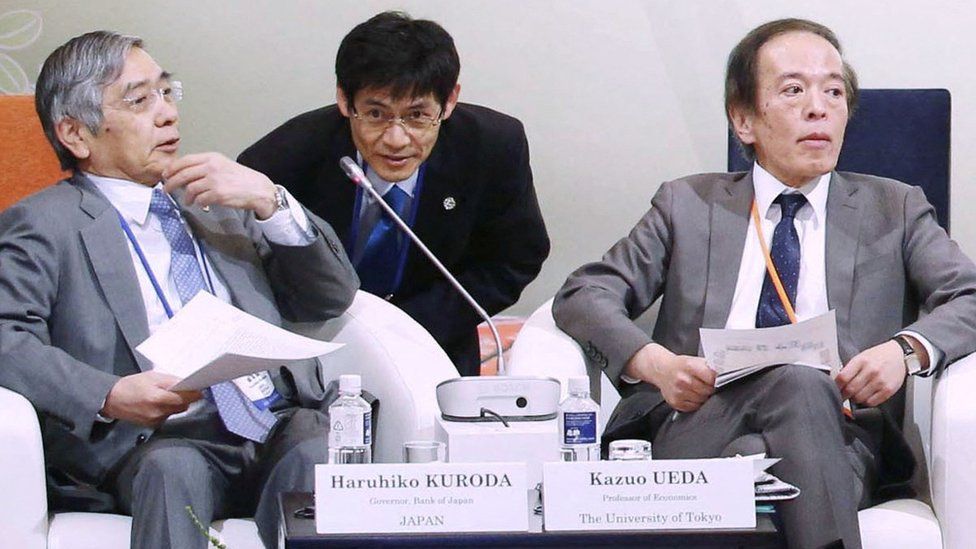It is obvious that the job of leading the central bank of Japan will present some significant challenges as the prime minister of Japan names his choice for the position.
The economy is recovering from the pandemic at a much slower rate than anticipated, according to the most recent government statistics.
At the same time, prices are rising more quickly than they have in the previous 40 years.
What then can Kazuo Ueda, a scholar, do to improve the third-largest economy on Earth?
Mr. Ueda will have to deal with slow economic growth and the highest inflation since 1981 if elected as the next governor of the Bank of Japan (BOJ) by the nation's parliament.
Japan's economy grew by 0.6% percent in the final three months of 2022, significantly less than the predicted 2 percent growth, according to official figures released on Tuesday.
In the meantime, data for December showed that core consumer prices increased by 4% from a year earlier, which is twice the central bank's target rate.
According to experts, the next governor of the BOJ will have difficulty raising interest rates to fight inflation without compromising the country's fragile economic expansion.
The main cause of this is that rather than the strength of the economy, external factors like the conflict in Ukraine have increased prices in the nation.
"If you try to tighten policy to address bad inflation that Japan is currently experiencing, that runs the risk of setting you back in your own efforts to generate good inflation," Stefan Angrick of Moody's Analytics said to the BBC.
Investors were caught off guard last week when news broke that Haruhiko Kuroda, who has held the position for ten years, would be replaced by Mr. Ueda, according to reports from Japan's Prime Minister Fumio Kishida.
Mr. Ueda is familiar with the central bank despite having a background in academia. Between 1998 and 2005, he served on the BOJ policy board.
He worked at the central bank in 1999 when it implemented the novel strategy of lowering borrowing costs to zero in an effort to stimulate the national economy.
However, Mr. Ueda was not present at the BOJ when it put into effect its contentious policy of capping the interest rates charged on government bonds.
Investors have been pressuring the central bank to abandon the yield curve control (YCC) policy despite the fact that it has little direct impact on average consumers and is the cause of declining investment returns.
Financial markets welcomed news of Mr. Ueda's nomination last week because they believed he had a better chance of repealing the policy than the other candidates.
Although the challenges facing the incoming BOJ governor may be formidable, Mr. Ueda is regarded by some as a pragmatic leader who will be able to adjust to the shifting economic environment.
He is a deep thinker who is not afraid to test his theories in the real world, according to economist Jesper Koll. He is not a man of dogma, but rather one of science.
He is deliberate, does not act impulsively, and will be trying to design the best sustainable policy framework as opposed to looking for big, immediate wins.
. "







